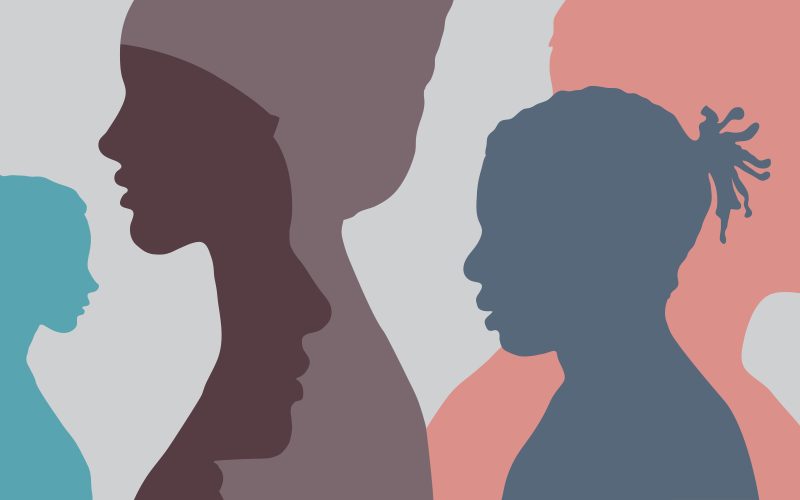Conversations about race, gender and sexuality can be tricky—but they don’t have to be. Kenji Yoshino is Chief Justice Earl Warren Professor of Constitutional Law at NYU School of Law and the faculty director of the Meltzer Center for Diversity, Inclusion, and Belonging. He joins host Krys Boyd to discuss practical tools for approaching discussions about equity and identity, with ideas to help members of marginalized communities speak up. His book, co-written with David Glasgow, is “Say the Right Thing: How to Talk About Identity, Diversity, and Justice.”
This episode originally aired Feb. 13, 2023.
Blog Post: Three approaches to navigating identity conversations
—By Brianna Flores, Think Intern
Conversations about race, gender, pronouns and more can be tricky. While some people may try to avoid talks about discrimination, others try to understand it.
Whatever the case, there is a certain approach that Professor Kenji Yoshino suggests we should follow when interacting in situations dealing with identity.
“If the goal is to actually get people to stay in these conversations and to get better at having them, we really need to adopt a more learning mindset, a coaching culture that says we’re still going to hold you to really high standards,” Yoshino says.
Rather than simply adapting to cancel culture, having a learning mindset helps individuals be more open-minded and understanding of others.
It’s also beneficial to listen to both sides in arguments over inclusivity.
“We also say that to be a true ally means that you also need to be an ally to the source of non-inclusive behavior or the person who has actually perpetrated the harm,” Yoshino says.
As controversial as it sounds, being kind and knowing both sides will benefit you in the future. It gives you experience and examples to draw on when dealing with issues surrounding inclusivity and creates a deeper bond with others.
No matter how uncomfortable the conversation may get, there is always someone who will have to be resilient to carry or start the discussion.
“It takes a lot of courage to democratize that discomfort,” Yoshino says. “It takes a lot of courage to take something you’ve been carrying on your own. It’s a real kind of learning opportunity and a teachable moment.”
Having a learning mindset, listening to everyone involved, and having courage can help make discussions about identity feel a little more comfortable.
Listen to the podcast above to learn more ways to properly handle tough conversations about equity and identity.





